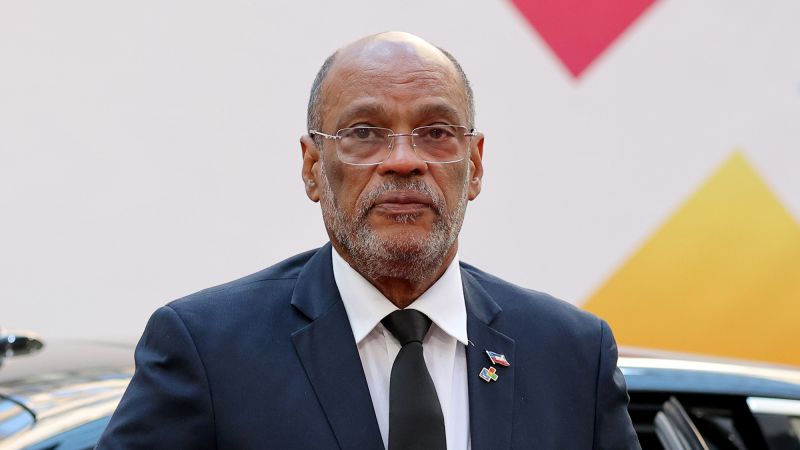The political landscape in Haiti, a country already grappling with rampant violence and the profound trauma of the recent presidential assassination, has recently undergone a significant shift. Ariel Henry, the Prime Minister of Haiti, tendered his resignation, paving the way for a transitional council to take the helm in guiding the country through this complex and immensely challenging phase.
Ariel Henry has been the Prime Minister since July 2021, assuming office shortly after the shocking assassination of President Jovenel Moïse. His tenure has been fraught with political volatility, escalating gang violence, and a widening chasm of distrust between the government and the Haitian citizenry. His resignation thus seems to be an acknowledgment of the burgeoning desire for a change in the leadership approach.
In response to Henry’s departure, the Haiti authorities have sworn in a new transitional council. This council is expected to hold the reins of power until the violence-racked nation can conduct free, fair, and transparent elections to choose its next leader. Comprising of several civil society leaders and legal professionals, this council will shoulder the responsibility of steering Haiti out of its dire circumstances.
The process of forming this transitional council suggests a renewed focus on pluralistic, inclusive decision-making. The council members were not chosen from the political elite or established power structures, but from various societal sectors that have often been marginalized in state decision-making. The inherent transparency and inclusivity of this process signify a laudable shift toward more democratic governance that could foster greater public confidence.
However, steering Haiti into a safer, more stable political climate is an uphill task for this new council. The country is reeling under a multitude of daunting crises. Increased gang violence has crippled the economy and terrified citizens. Additionally, the country is facing daunting challenges like widespread poverty, deficient healthcare, inferior infrastructure, and inadequate education facilities.
In this critical phase, the transitional council faces high expectations to bring about sweeping reforms in Haiti’s governance model. One of their main tasks is ensuring security across the country, a significant challenge given the power of the violent gangs that currently control large sections of the territory. Restoring law and order is crucial for the council to win public trust.
Another paramount task ahead of the council is the organization of free and fair elections. This task entails creating a suitable environment that enables citizens to exercise their right to vote without fear or undue influence. In this context, mobilizing global aid and support could be instrumental in facilitating a successful electoral process contributing to the transformation of Haiti’s political scenario.
In conclusion, the resignation of Prime Minister Ariel Henry has been a major event in Haiti’s political landscape. It has given way to a fresh leadership structure in the form of the transitional council, tasked with managing Haiti’s myriad crises. The roles, responsibilities, and expectations of this council are immense, but so too is the opportunity. If successful, this could mark the beginning of a new chapter in the tumultuous history of this Caribbean nation.




